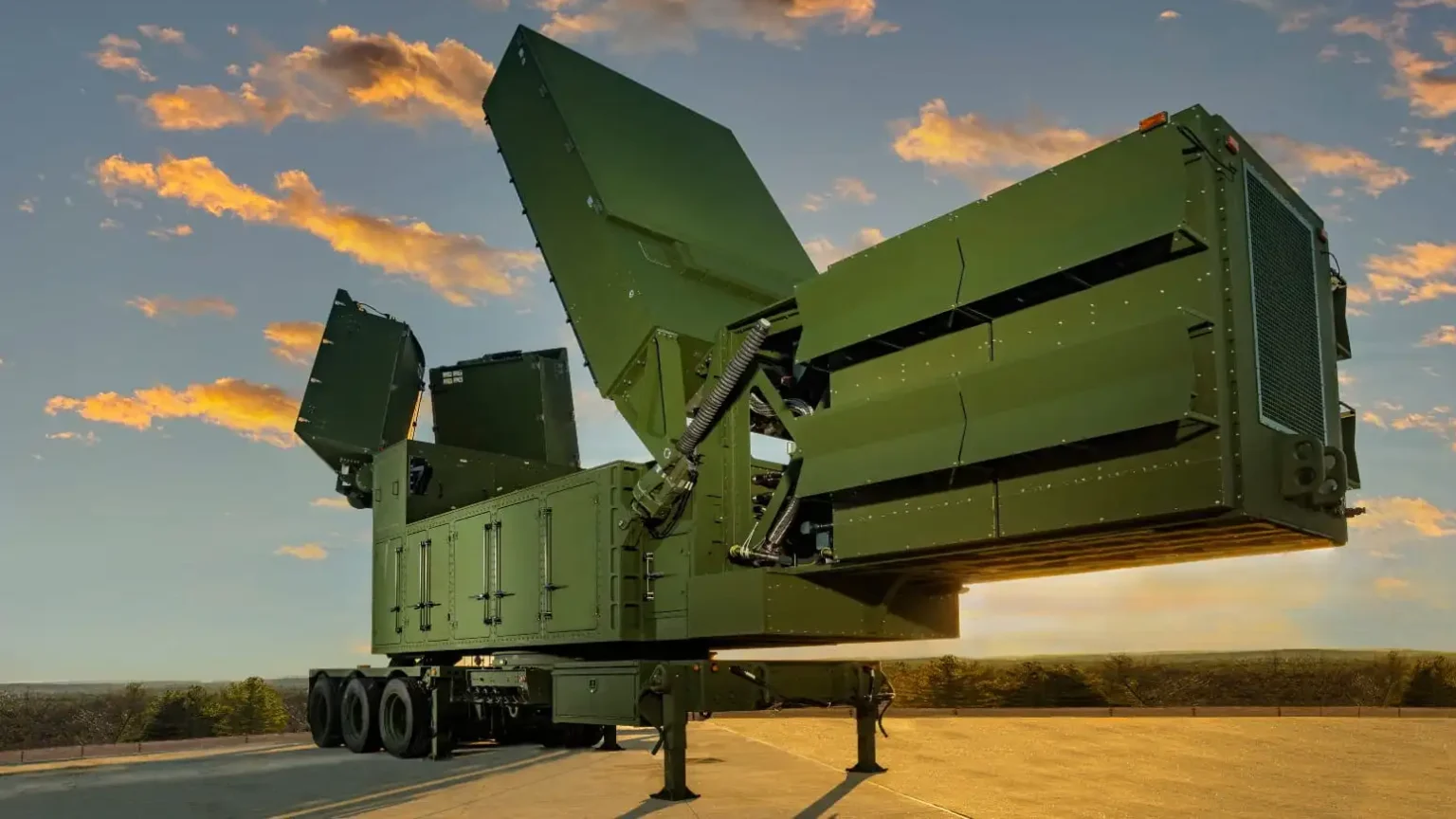US Approves $400 Million Patriot Missile Upgrade for Kuwait
Major Defense Deal Aims to Strengthen Regional Security Ties
The United States has officially approved a possible foreign military sale to Kuwait, worth approximately $400 million, to upgrade and recertify its existing stock of Patriot surface-to-air missiles. The U.S. State Department confirmed the approval on April 3, 2025, with the Defense Security Cooperation Agency (DSCA) notifying Congress of the transaction. RTX Corporation, the parent company of Raytheon, has been named as the principal contractor for this defense deal.
This decision reflects the deepening military cooperation between the U.S. and Kuwait, and highlights Washington’s ongoing commitment to strengthening the security of its allies in the Gulf region.
Why Patriot Missiles Matter
The Patriot missile system is one of the world’s most advanced air and missile defense platforms. Designed to detect, track, and intercept a range of aerial threats—including tactical ballistic missiles, cruise missiles, and aircraft—it plays a crucial role in defending territories against both conventional and unconventional threats.
The approved deal includes the recertification of Patriot Advanced Capability-3 (PAC-3) missiles, which will extend their operational life and ensure their continued effectiveness. These upgrades involve technical services, engineering support, spare parts, and associated logistics.
By maintaining and enhancing these systems, Kuwait ensures it can respond quickly to airborne threats and protect key infrastructure, government assets, and civilian populations.
Boosting Kuwait’s Long-Term Defense Readiness
This upgrade is not the first time the U.S. has helped Kuwait maintain its missile defense systems. In fact, it is part of a broader, long-standing military collaboration between the two nations.
- In September 2023, the U.S. approved a $150 million sale to support the maintenance and recertification of Kuwait’s PAC-3 missiles. That package included testing, repair, and replacement components to extend the missiles’ service life by another 30 years.
- Going back to May 2020, Kuwait secured a $425 million agreement with the U.S. for Patriot program sustainment. This involved field support, reliability testing, technical data, and engineering services—all aimed at ensuring the long-term performance of Kuwait’s air defense systems.
Such deals show Kuwait’s consistent commitment to improving its military capabilities and securing advanced technology to stay ahead of potential threats in a volatile region.
A Strategic Partnership in a Tense Region
Kuwait’s location at the head of the Persian Gulf makes it a key strategic ally for the United States in the Middle East. It borders Iraq and is just across the Gulf from Iran, making it a frontline state in any potential regional conflict. U.S. troops are stationed in Kuwait, and the country has long served as a logistics hub for U.S. operations in the region.
Strengthening Kuwait’s air defense means more than just national protection—it contributes to the overall security of the Gulf Cooperation Council (GCC) countries, which include Saudi Arabia, the UAE, Qatar, Bahrain, and Oman. These nations collectively face threats ranging from missile attacks by non-state actors to regional tensions with Iran.
The upgraded Patriot system will help ensure that Kuwait and its allies can respond rapidly to regional developments, reinforce deterrence, and maintain a balance of power in the Gulf.
Technology Transfer and Training
Along with the equipment itself, the U.S. deal is expected to include technical support, training programs, and updates to ensure Kuwaiti forces can operate and maintain the Patriot systems independently. This knowledge transfer strengthens Kuwait’s defense industry and enhances its self-sufficiency in operating critical systems without overreliance on foreign contractors.
These capabilities also ensure interoperability with U.S. and allied forces—an important factor during joint military exercises, emergency responses, or multinational operations.
Impact on the U.S. Defense Industry
While the deal primarily supports Kuwait’s defense, it also benefits the U.S. defense sector. RTX Corporation, through its subsidiary Raytheon, will oversee much of the work involved in the upgrades. This helps sustain jobs in the American defense industry and contributes to the U.S. economy.
Raytheon has a long history of supplying Patriot systems worldwide. The system is in use by over 15 countries, including key U.S. allies like Japan, Germany, South Korea, and Saudi Arabia. The new deal with Kuwait reinforces the global reputation of the Patriot system as a trusted missile defense solution.
Broader Geopolitical Significance
The timing of this deal is notable. Tensions remain high in the Middle East, with ongoing instability in Iraq, proxy conflicts in Syria and Yemen, and increased drone and missile attacks in the Red Sea region. Iran continues to develop its ballistic missile program, which has been a source of concern for both the United States and its allies in the Gulf.
By reinforcing Kuwait’s missile defense capabilities, the U.S. sends a clear signal of support to its partners in the region and demonstrates its ongoing role as a security guarantor in the Gulf.
It also acts as a reminder to potential adversaries that Washington is committed to defending its interests and those of its allies through strategic arms sales, security partnerships, and joint defense initiatives.
Final Thoughts
The $400 million Patriot missile upgrade for Kuwait is more than just a military transaction—it is a reflection of a decades-long strategic alliance rooted in mutual defense, shared interests, and regional stability. As global threats evolve and the Middle East remains a complex security environment, this deal highlights the critical role of international partnerships and cutting-edge defense technologies in shaping a safer future.
Do follow gulf magazine on Instagram
for more information click here


